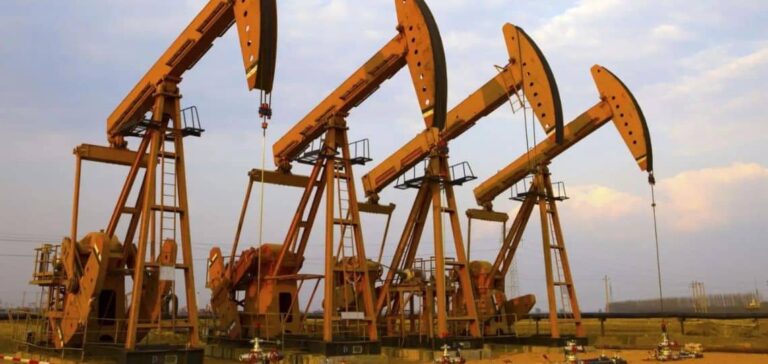Opec’s monthly report indicates that global oil demand will continue to grow in 2023, with an expected increase of 2.3 million barrels per day on average. Asia-Pacific is expected to be the main driver of this growth, with an increase of 2.1 million barrels per day, while the OECD is expected to see an increase of only 0.2 million barrels per day.
Total oil demand is expected to average a record 101.9 million barrels per day in 2023. However, demand in the Americas and Europe is revised downward in the first and second quarters due to current economic uncertainties.
Economic challenges to be met
Despite the expected growth in 2023, Opec warns that many economic challenges remain. Indeed, high inflation, “further rate hikes”, high debt and “geopolitical uncertainties” could slow down the growth of oil demand.
China, the engine of demand
Opec points out that the growth in oil demand in non-OECD countries is due to improved economic activity in China, which is consuming more and more kerosene and gasoline. After the abandonment of the zero Covid policy, China is restarting its economic activity and thus supporting the demand for oil.
The role of the United States
The Opec report also highlights the role of the US in the growth of non-OPEC liquids production. U.S. crude exports reached a record 4.3 million barrels per day in February, making the U.S. a major player in the global oil market. However, Opec points out that there is still considerable uncertainty about the impact of ongoing geopolitical developments and the production potential of US shale in 2023.
Opec’s production on the rise
Finally, crude oil production in the 13 Opec countries increased by 117,000 barrels per day in February compared to the previous month to reach 28.92 million per day. This increase is mainly due to increased production in Saudi Arabia, Iraq and Iran. However, this increase in production can also have an impact on oil prices, as an increase in supply can lead to lower prices if demand does not increase accordingly.






















